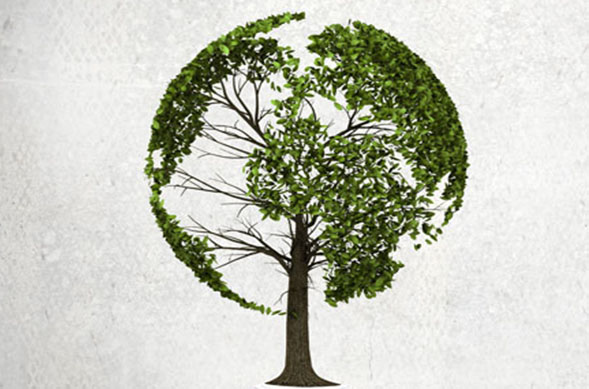|
All schools aspire to ensuring their students succeed in learning and life. To do this takes far more than focusing on academic content and wellbeing programs. It takes a holistic pedagogical to heutagogical approach that combines learning and wellbeing, if we are to truly allow our students to succeed. |
Human Literacy™ focuses on our knowledge of being human. It is defined by edumazing® as the ability to understand oneself holistically and to use this knowledge to transform our learning and our lives that impacts positively on the lives of others. It is the essential foundation to progressive and sustainable life-long learning and wellbeing. It has been informed by more than 30 years of practice, leadership, research and experience in education and wellbeing. |
|
|
Young people are facing challenges in their lives like never before, no matter their background, and socio-economic status. Changes this century to technology and media have added new complexities to the way we relate to ourselves, others and our world. There have been increases in diagnosed conditions such as ADHD, Autism Spectrum Disorder (ASD), and students with Learning Difficulties (LD). Mental health problems are on the rise in families, with higher cases of anxiety and trauma evident in classrooms. Young people are being diagnosed at younger ages with a mental health issue. Poverty is also on the increase. |
How is it possible for our students to learn if they are influenced and affected by so many external and internal factors? If we provide our students with ongoing and rich Human Literacy™ learning opportunities, based on solid research, this will greatly assist them to understand themselves, their ability to relate to their world, and how they can make positive changes and choices that will help them lead healthier and more successful lives. |
|
|
Human Literacy™ goes beyond social and emotional learning and consists of 5 key elements that make it holistic: Cultural (a child’s values, beliefs, mindset, attitudes, faith and background that shape their identity); Social (a child’s relationships with others and their world); Physical (a child’s environment and their own physical and mental health); Intellectual (a child’s academic skills and capacities); Emotional (a child’s emotional state). Human Literacy™ begins as a pedagogy, allowing schools to incorporate Human Literacy™ across every area of learning, within a transdisciplinary framework that improves student learning outcomes and creates a high performing school community culture. As teaching practices deepen, Human Literacy™ transforms into a Heutagogy, where students take greater responsibility for their learning, wellbeing and behaviour. |
This heutagogy is also dynamic, ensuring that learning opportunities are enhanced, developmental and consistent with growing changes in our world. It also supports the belief that schooling prepares students for life, and ensures that the school is part of the community and the world we live in. There is an emphasis on the teacher’s role being an activator of learning. Teachers develop a strong pedagogical, andragogical and heutagogical understanding of how diverse students learn effectively, engage in 'Transformational Teaching' approaches, including how learning can be differentiated and personalised with students proactively involved in the learning process. Teachers develop effective professional mastery practices that are ongoing, relevant and personalised to ensure they continue to enjoy their work and profession. |
|
|
Student leadership, agency, voice and developing an entrepreneurial mindset is a strong component of this heutagogy, with opportunities for students to direct their learning, strengthen their voice and act with empathy to create a better world. Inquiry learning is extended to shape quality and deep learning through ‘Discovery’ using contemporary tools and resources within an inclusive learning environment, offline (real-world environment), online (digital connectivity), inline (the child’s inner thinking and feeling world) and crossline (combination of the online and offline world). These form the essential drivers to curriculum innovation and sustainable learning and wellbeing development to meet student and school outcomes.
|
The Human Literacy™ Pedagogy to Heutagogy relates to children’s natural ability to learn by questioning, exploring, discovering and self-reflecting, moving from self to world, within a holistic framework that leads to life-long learning success. This entire heutagogy is strongly connected to current and future learning needs. It also uses digital tools and technology as an important and transparent part of the learning environment and is currently the only pedagogical and heutagogical approach that incorporates cybersafety within its structure to ensure students develop clear understandings and can make connections between the online world and the world around them. |








